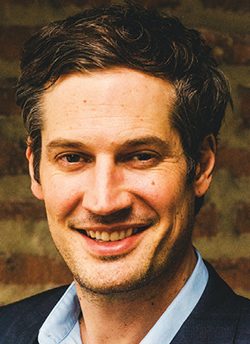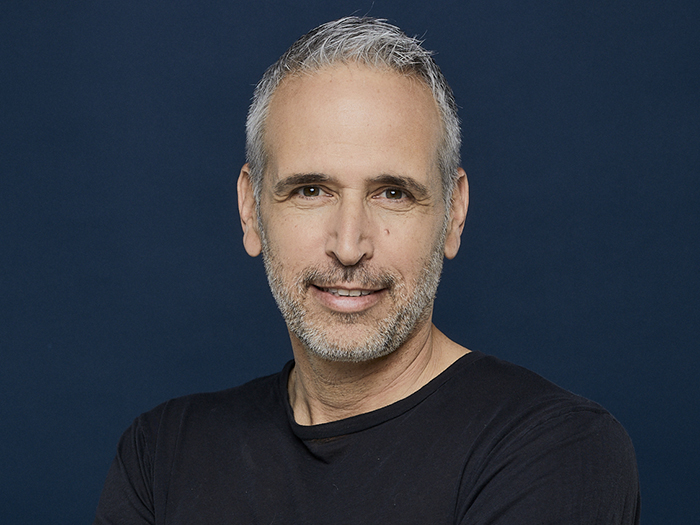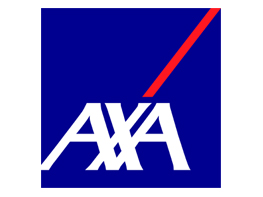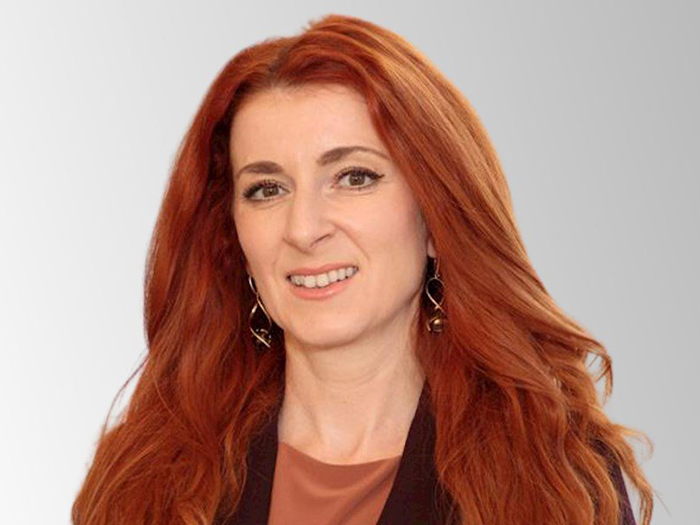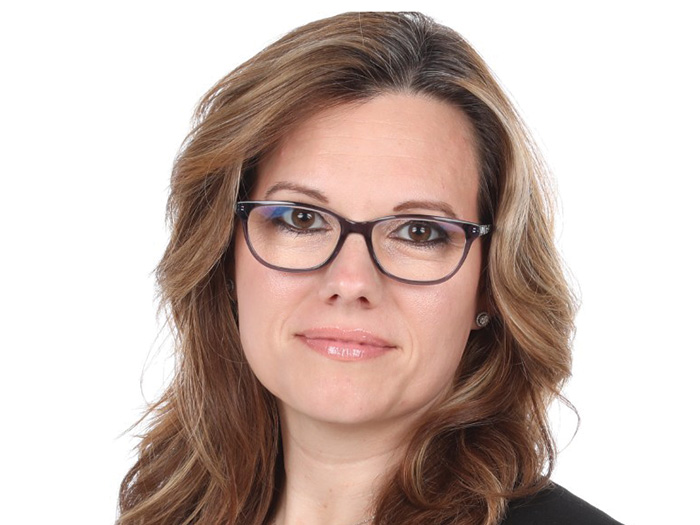Marsh’s Aaron Baum Talks Insuring Films in Dangerous Places
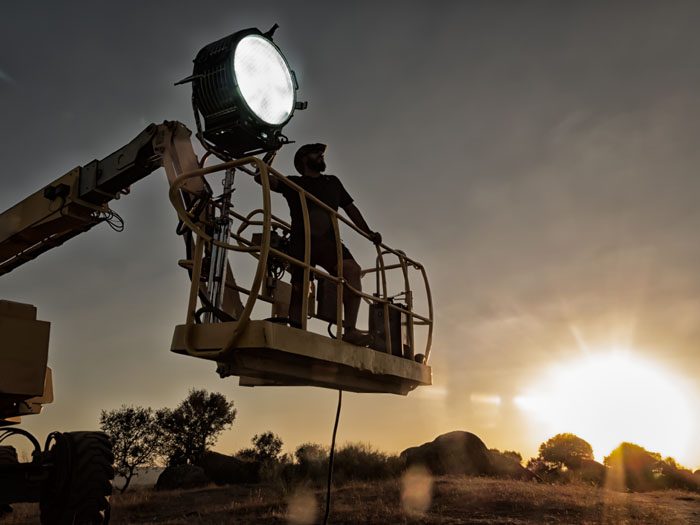
While some movies, such as Argo and American Sniper, have tried to forgo filming in dangerous locations by building sets in California that resemble cities in Iran and Iraq, documentaries, news crews and even some film and T.V. directors have shot their stories on location in some of the most dangerous parts of the world.
And they need insurance to protect their crews, cast members and equipment among other things.
“We get calls at all hours of the day and night for unique filming projects that need coverage,” said Aaron Baum, vice president of the entertainment practice at Marsh.
“One day we could be helping a client solve a stop gap issue with one of their key cast members and the next day we could be making sure that another client’s crew who’s filming in Iraq is fully protected on an insurance level.”
A 2019 Power Broker winner, Baum has helped a wide range of media projects find coverage, including those filming in war torn nations, such as Iraq, Syria and Somalia.
He also put together a custom-tailored global risk program for Vice Media, which provided 16 lines of coverage for their feature film and television operations in 33 countries and has worked for TV production company Roush-Wagner, the name behind Showtime at the Apollo, and assisted events producer LiveStyle in constructing a global program for outdoor music festivals around the world.
Working with War Zones
While Baum has faced many different challenges and has found coverage for a variety of projects, one of the most difficult tasks he’s had as an entertainment broker is finding coverage for projects that are filming in war zones.
“One challenge that I’ve faced has been placing coverage for projects that film in very dangerous parts of the world,” Baum said.
“Some policies will have outright exclusions on certain locations or certain activities, such as filming in war zones and it’s our job to fill that exclusion gap.”
In order to fill those gaps, Baum and his team will find their clients’ manuscript policies to help cover those exclusions. A film crew in Iraq, for instance, may have an insurance policy on their equipment that excludes filming in war zones.
“What we will do is go find a product in the marketplace that will allow us to buy back those exclusions,” he said.
“If they were filming in Iraq and the equipment coverage section of the policy we placed for them excluded anything to do with filming in war zones, then we would go and buy a stand-alone policy through Lloyds of London to cover their equipment while they are filming in war zones.”
Baum credits the knowledge of his team as another reason for their success in helping clients find coverage for unique situations.
“Our team looks at itself as an extension of our clients’ risk management teams,” he said.
“We have the experience and the knowledge base to successfully navigate the challenges that the ever-changing entertainment industry sector presents, and I’m definitely proud of that.”
No Day Is the Same
One of the things Baum loves about his career in entertainment insurance is how exciting it is. Each project he helps a client find insurance for has different needs and limitations.
“It never gets mundane,” Baum said. “The challenges presenting themselves in the marketplace are constantly evolving with new product line offerings and new coverage language. We always have to be on our toes.”
This always-on-your-toes energy is a marked change from Baum’s previous career in finance.
“My career in finance was rewarding. However I knew what I was coming into work to do every single day. I knew what my week looked like,” Baum said.
Baum became interested in working in entertainment insurance after speaking with someone in the entertainment industry. His interest became piqued after their conversations, and he started scheduling interviews with entertainment insurance brokers.
“After learning more about the entertainment industry I became more interested in it and I arranged a few interviews with brokers who specialized in the film and television side,” he said.
Eventually, he was hired by one of them and now he has a job where he doesn’t know what to expect from one day to the next.
“With a career in insurance and with my job in the entertainment insurance industry, I really have no idea what my week’s going to look like past Monday at 12 o’clock,” he said.
It’s not just the excitement of covering films in dangerous locations and fielding the unexpected that makes his job rewarding, however. Baum also believes that his job has allowed him to support projects he believes in.
“What makes me most passionate about my job is working with clients who produce content that I believe is making a difference and having an impact on the world,” he said.
“Once you get a client where you feel passionate about what they’re producing, it makes it very easy to go the extra mile for them.” &

